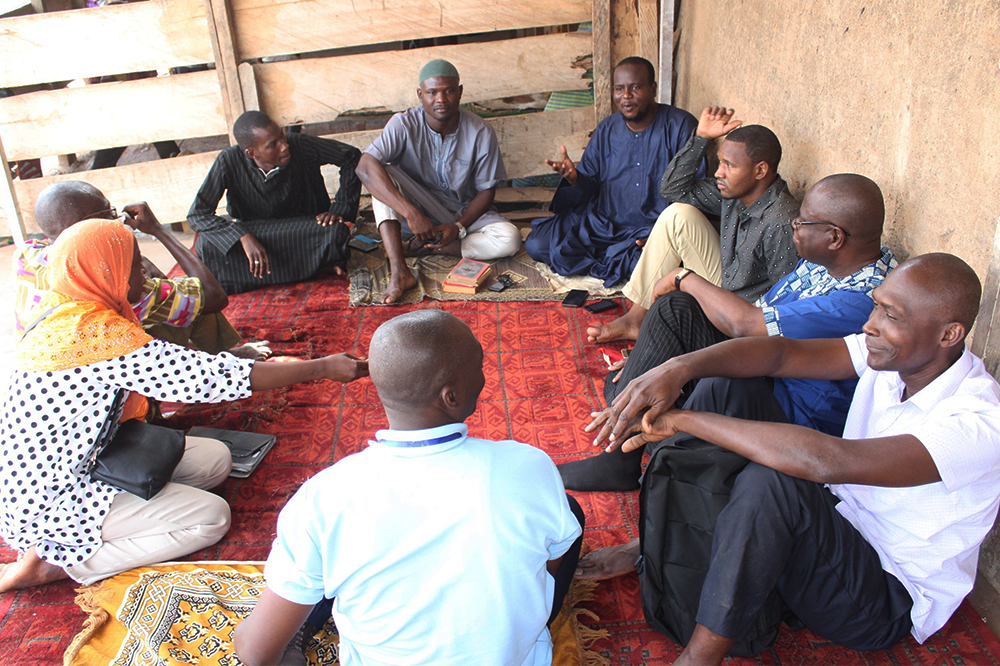ILO-Interpeace Partnership: how to better link decent work and peace

It is now over 100 years ago that the International Labour Organization (ILO) was founded in the aftermath of the First World War with the prevention of a return to war as its principal raison d’être.
Anchored in this founding impulse, the ILO has undertaken many efforts across its history to contribute to peace, for example through the adoption of the Recommendation 205 on employment and decent work for peace and resilience (2017) and its flagship programme on Jobs for Peace and Resilience. Building on this and knowing that employment, decent work and peace and stability are mutually reinforcing, ILO has partnered with Interpeace to further advance the ways in which it integrates peace into its work.
Together, the two institutions are working towards putting the imperatives spelled out in the Sustaining Peace Agenda and the Humanitarian-Development-Peace Nexus into practice; notably, how development interventions in diverse sectors and thematic areas can also contribute to peace. ILO is therefore strengthening its efforts to ensure it works in peace responsive ways, i.e. to embed deliberate peace contributions. “Initiatives based on a good understanding of peace and conflict dynamics are more likely to achieve their decent work and employment goals and contribute to peacebuilding”, says Federico Negro, Head of ILO’s Coordination Unit for Peace and Resilience (CSPR).
Building on a series of practical guidance already available within ILO, the organization has now released new guidance on Peace and Conflict Analysis (PCA), which was developed by the Coordination Unit for Peace and Resilience together with Interpeace. It outlines concrete steps for designing programmes that are conflict sensitive and make deliberate contributions to peace and how to undertake the prerequisite conflict analysis while placing equal weight on understanding both, the drivers of conflict and peace.
“More conflict sensitive and peace responsive development interventions are essential, as there cannot be any development without peace and no peace without development” says Martina Zapf, Senior Manager of the Interpeace Advisory Team (IPAT). Programming that is not well informed, will find it hard to make a concrete contribution to either peace or decent work, and is likely to fall short or fail.
ILO’s Coordination Unit for Peace and Resilience and Interpeace will support country offices, in-country programmes as well as its constituents (governments, workers and employers organizations) in the application of the guidance in peace and conflict analysis processes as well as the subsequent efforts to develop or adapt programme designs accordingly to maximize their impact on employment and decent work as well as peace.
Interpeace’s partnership with ILO is part of its work stream on peace responsiveness. Interpeace engages with a range of humanitarian and development organizations on how they can systematically integrate deliberate contributions to peace into their interventions in conflict affected contexts. Interpeace develops and shares learning and evidence in this regard as well as practically supports individuals, organizations and the system as a whole to take concrete steps in this direction, acting on Sustaining Peace agenda and the Humanitarian-Development-Peace Nexus.
Link to guidance: https://www.ilo.org/global/topics/employment-promotion/recovery-and-reconstruction/WCMS_776063/lang–en/index.htm
